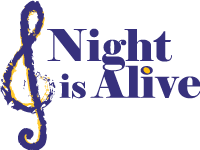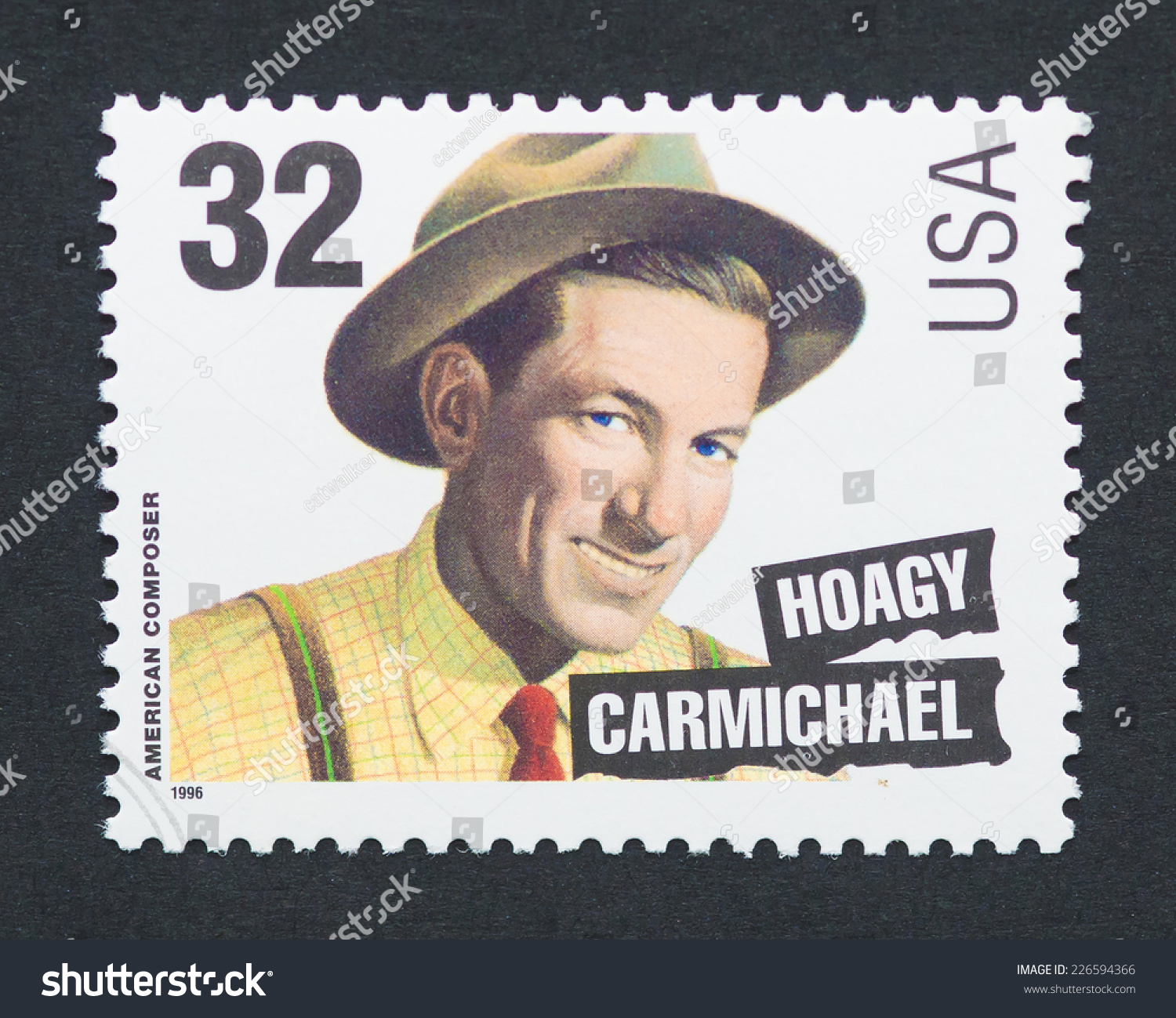Hoagy Carmichael Q&A with Joe Lang
Special Hoagy Carmichael Q&A with Joe Lang (Part II)
We’re back this week to continue the conversation with jazz journalist and Hoagy Carmichael aficionado Joe Lang.
JK: So, for those of us who are unfamiliar with Hoagy Carmichael—would you mind giving us a brief rundown of his career? How and when did he begin composing?
JL: Well, he did so many things. I mean he’s primarily known as s songwriter, but he also did a lot of recordings, mostly of his own songs, but sometimes of other people’s songs. He did a dozen or so movies; he always seemed to play the same character—himself, but yeah, he had charm.
When he was a kid, he played piano and he was from Bloomington, Indiana and his mother played piano, and I guess when he was in college, he just started writing songs and playing music. He was basically a jazz musician, and he was just absolutely blown away by Bix Beiderbecke. He became good friends with Bix, and Bix died when he was 29 years old from drinking himself to death, but yeah, he hung around with Bix a lot when he could.
He was very special. He went to school at the University of Indiana. He got a law degree, and then he moved down to Florida, where he was working in a law office when he walked by this open window and heard this song “Washboard Blues” being played, which was one of his songs. He didn’t even know that recording had been made, so when he heard it, he said, “Gee! I think I’m going to concentrate more on songwriting.” So, he moved from Florida up to New York and became a songwriter and, you know, went on from there.
When he recorded “Washboard Blues,” it was for the Paul Whiteman Orchestra and the interesting thing about that was that when they were going to record it, Hoagy was going to sing it, but Paul Whiteman had Bing Crosby standing by in case they felt that Hoagy couldn’t do it, because it’s a very sophisticated song the way it’s written—it’s just not a normal song, it’s a wonderful song. But Hoagy nailed it, and they put the record out with Hoagy singing it. That was the record that really got him to realize that he had real potential as a professional songwriter. Interestingly enough the lyrics to that song were written by a guy who was a stonecutter somewhere in Indiana—I don’t know whether he sent the lyrics to Hoagy, if he was aa friend or if he ever wrote another lyric—but it’s a very fun lyric, it’s very kind of deep in its way.
Hoagy didn’t write many lyrics. He wrote a few lyrics but mostly he worked with other lyricists, most notably, Johnny Mercer. His most famous song is “Stardust,” which is one of the most recorded songs ever and when he wrote that, he actually wrote it as a midtempo instrumental, a bouncy little instrumental, but when Mitchell Parish added the lyrics, they made it a ballad. Most people think of “Stardust” as a romantic song but if you listen to the lyrics, it’s a very sad song. It’s about a love affair that went bad, as are many love songs.

